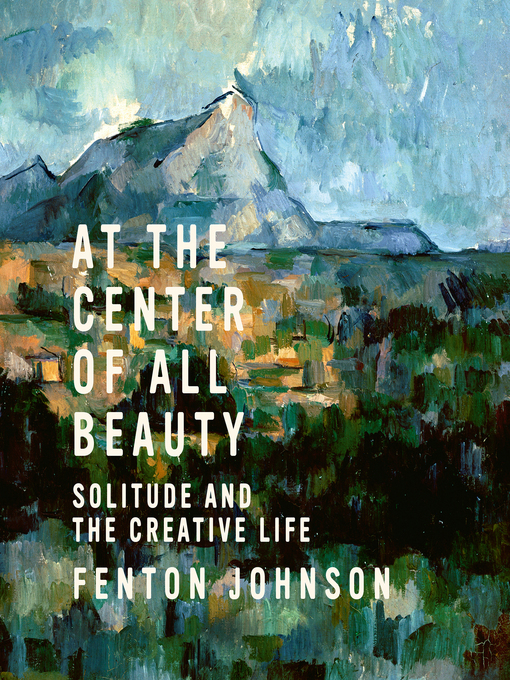
-
Creators
-
Publisher
-
Release date
March 10, 2020 -
Formats
-
OverDrive Listen audiobook
- ISBN: 9781684577088
- File size: 227306 KB
- Duration: 07:53:33
-
-
Languages
- English
-
Reviews

Loading
Formats
- OverDrive Listen audiobook
Languages
- English
Why is availability limited?
×Availability can change throughout the month based on the library's budget. You can still place a hold on the title, and your hold will be automatically filled as soon as the title is available again.
The Kindle Book format for this title is not supported on:
×Read-along ebook
×The OverDrive Read format of this ebook has professional narration that plays while you read in your browser. Learn more here.